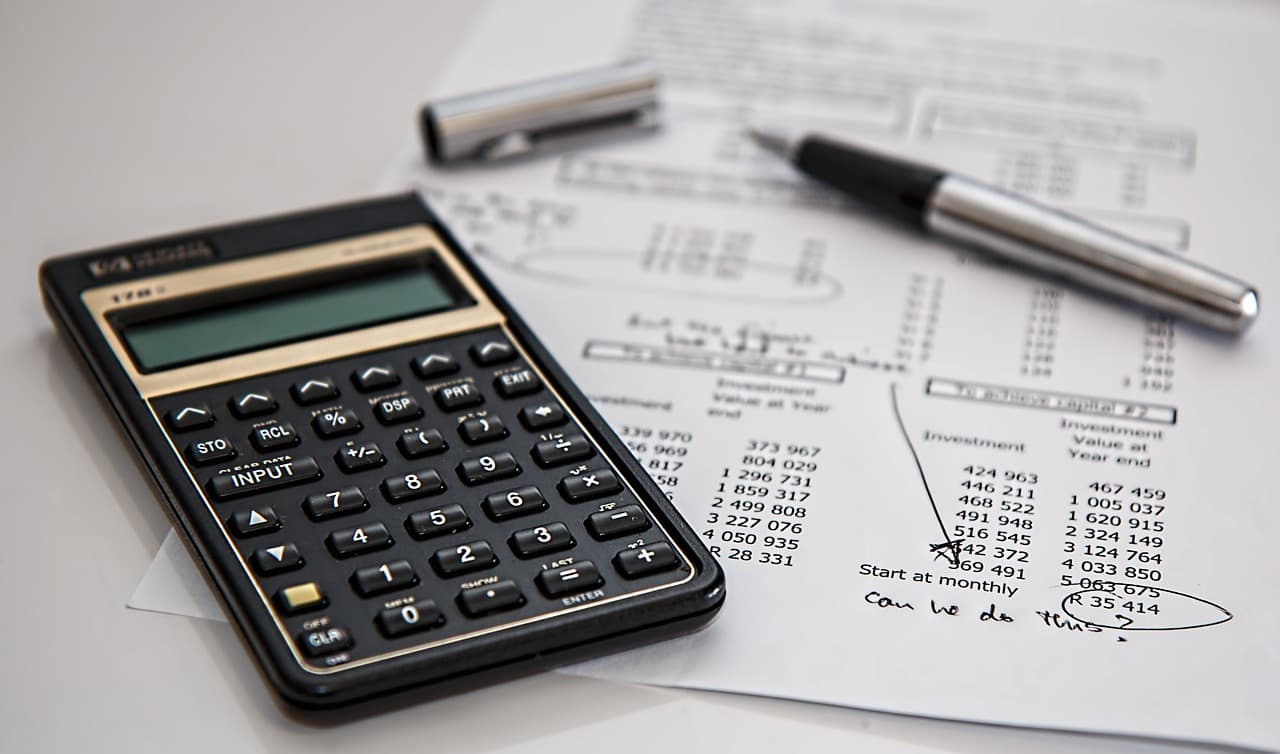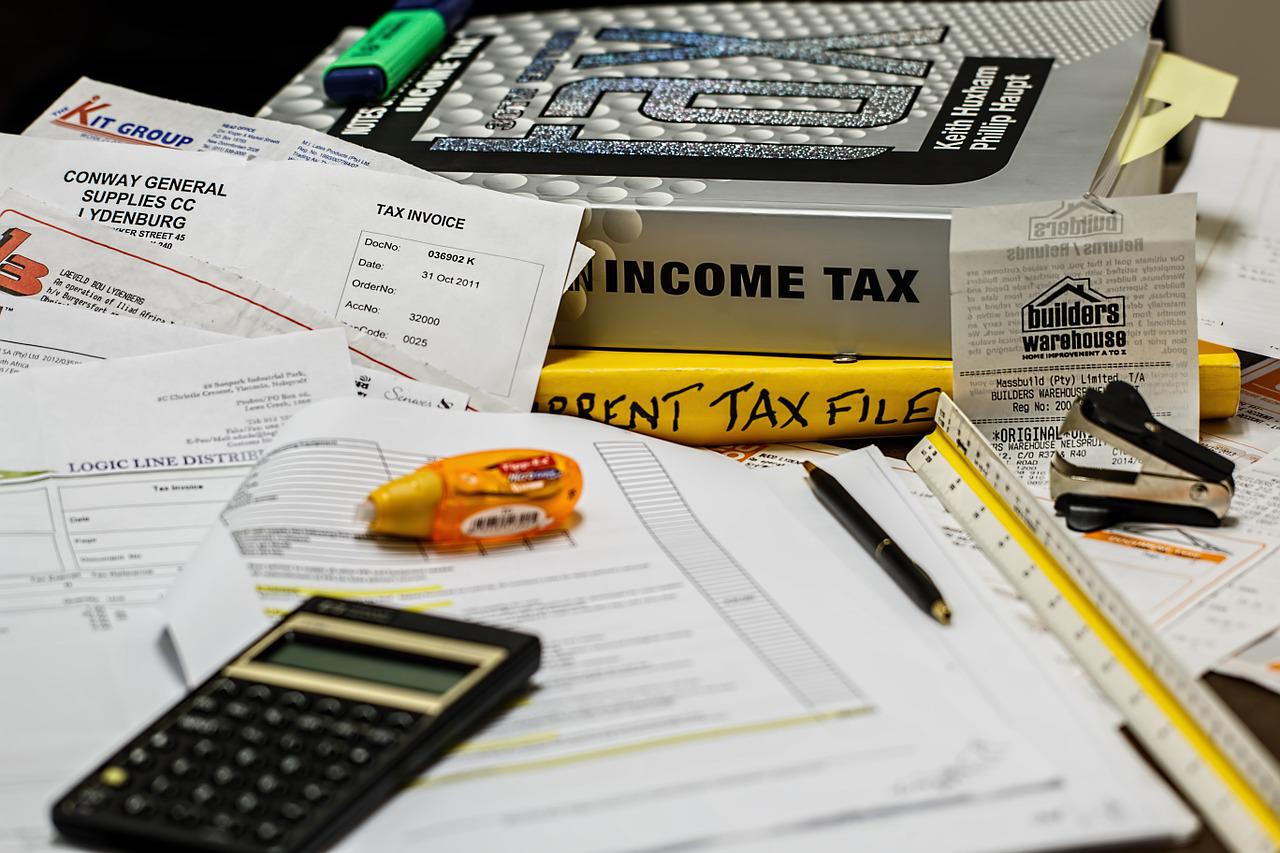Mastering Bookkeeping for Seasonal Businesses: Tips You Need
2025-01-16 | taxes | No Comments

A seasonal business is a unique type of enterprise that operates during certain times of the year. While seasonality can bring significant profits during peak months, it remains a challenge for many entrepreneurs to properly manage finances during downturns. One of the key aspects to running such a business successfully is proper bookkeeping to help you optimize expenses, manage revenue, and ensure stability throughout the year. In this article, we will share important accounting tips for a seasonal business.
What is a seasonal business?
A seasonal business is a type of business whose income and expenses fluctuate significantly depending on the time of year. Examples of such businesses include travel agencies, agricultural farms, retail stores that operate only during holiday seasons, and winter or summer clothing suppliers. These businesses often have to adapt to peak seasons with high demand as well as off-season periods when sales decline. These fluctuations require sound financial planning and management to ensure the stability of the business during periods of low activity and to avoid a shortage of funds during the peak season.
Why is proper accounting for a seasonal business important?
Accurate accounting for a seasonal business is crucial for several key reasons:
- Forecasting cash flows is essential as it enables precise planning of both income and expenses, which is vital for managing seasonal variations. This foresight helps in preparing for challenging periods when the business might experience cash shortages, ensuring ongoing financial stability.
- Tax management: accurate accounting helps prevent mistakes in handling tax obligations. Incorrect submission of tax filings can result in fines and unexpected costs.
- Future planning: it aids in predicting cash flow for upcoming seasons, which is essential for sustainable business growth. This enables efficient inventory management, cost optimization, and the ability to boost profits year-round.
Basic accounting considerations for a seasonal business
1. Make a detailed budget
Budgeting is a crucial step for seasonal businesses, enabling detailed financial planning for each season and helping to prevent unforeseen challenges. To make an effective budget, you need to:
- Determine revenues for the season: analyze previous periods to forecast possible revenues based on demand and sales during peak months.
- Estimate variable and fixed costs: divide costs into those that depend on sales volume (variable) and those that remain stable throughout the year (fixed).
- Calculate the average profit by season: this will help you understand which seasons are the most profitable and which ones require extra effort to maintain revenue.
- Allocate funds for unforeseen costs: it’s essential to create a reserve for unexpected expenses, particularly during the off-season when income may be lower.

2. Cash flow management
Cash flow management in a seasonal business is particularly important because profits are often concentrated in certain months and expenses need to be covered all year round. To do this:
- Schedule cash receipts and expenditures: it is important to understand exactly when receipts are expected and when obligations need to be covered.
- Use reserves from successful months to cover off-season expenses: profits earned during peak seasons should be carefully allocated to ensure smooth cash flow during low activity periods.
- Establish a system to track client debts: this will help avoid cash gaps, especially if client payments are delayed, and ensure financial stability during the off-season.
3. Attention to inventory and merchandise accounting
Managing inventory in a seasonal business demands extra attention to prevent both overstocking and stockouts, as either can impact profitability. To effectively track inventory:
- Analyze demand trends for goods: it is important to understand when and which goods will be most in demand in order to purchase the necessary quantities in a timely manner.
- Use FIFO (first in, first out) or LIFO (last in, first out) methods: these methods allow you to properly account for inventory costs and minimize the risks associated with product obsolescence.
- Take inventory regularly: regular stock checks avoid losses due to forgotten or unsold goods.
4. Planning for tax liabilities
A seasonal business may experience changes in income, which requires careful attention to taxation. To avoid errors in calculations, you should:
- Utilize a tax allowance system: this will distribute tax liabilities more evenly throughout the year, taking into account seasonal fluctuations in income.
- Understand tax incentives for seasonal businesses: familiarize yourself with possible tax advantages or incentives that are available to seasonal businesses to reduce your tax burden.
- Keep track of tax reporting dates and tax payments: late payment of taxes can result in penalties, so it is important to plan ahead for these expenses.
5. Record keeping for off-season periods
The off-season is a time when revenues may be down, but expenses such as rent or salaries continue to exist. To effectively keep records during this period:
- Audit and analyze expenses: it is important to keep a close eye on all expenses to minimize them and avoid unnecessary costs.
- Take into account liabilities such as rent, salaries and other fixed costs: even if revenues decrease, these costs remain and should be factored into the calculations.
- Strategically plan future purchases: to minimize costs during the off-season, make early plans for buying and stocking inventory for the upcoming season, when prices may be more favorable.
How can you use technology to improve your accounting?
Modern technology can simplify accounting for a seasonal business, improving accuracy and efficiency. Here are a few tools:
- Accounting programs
Tools like QuickBooks, Xero, and FreshBooks streamline the process of tracking income and expenses, generating reports, and calculating taxes. These programs accelerate accounting tasks, minimize the chances of mistakes, and enhance financial forecasting.
- Cloud storage
Cloud storage, such as Google Drive and Dropbox, allows you to securely store and share financial documents anytime and from any device for easy access and collaboration.
- Inventory programs
Tools like TradeGecko and Zoho Inventory help you accurately track inventory, automate orders and forecast merchandise needs, which is important for seasonal businesses.
- Cash flow planning programs
Software such as PlanGuru and Float assists in predicting cash flow and managing cash shortfalls, a critical function for businesses that experience seasonal variations in both income and expenses.
Conclusion
Successful bookkeeping in a seasonal business is not just a challenge, but a strategic opportunity for sustainable growth. Proper financial flow management, accurate inventory accounting, and predictability of expenses and revenues allow you to not only overcome the challenges of seasonal fluctuations, but to capitalize on them. When accounting becomes the foundation of business planning, you build not only the success of the current season, but also confidence in the future. After all, financial stability is not a temporary good, but a guarantee of prosperity and development of your business for many years to come.











